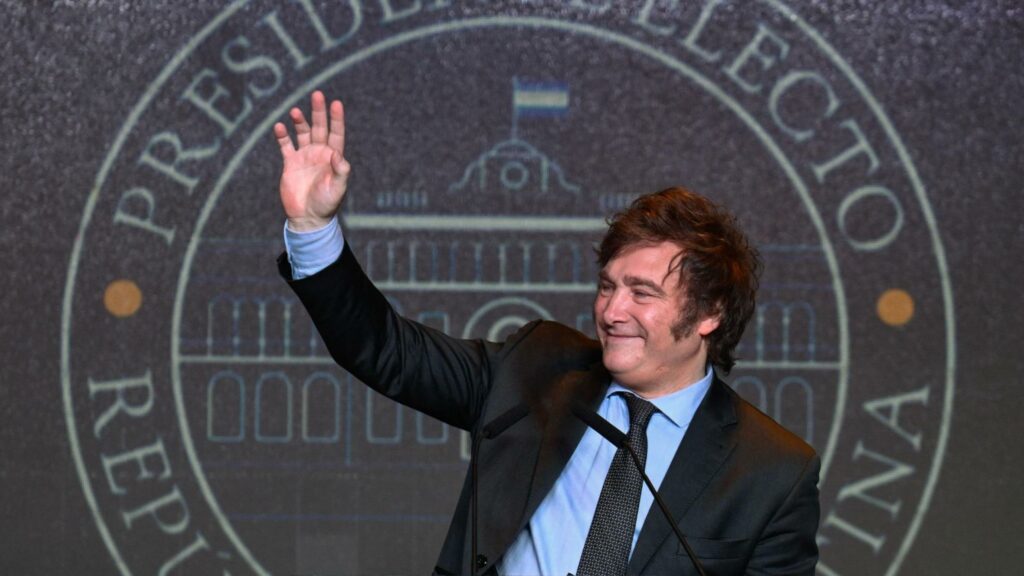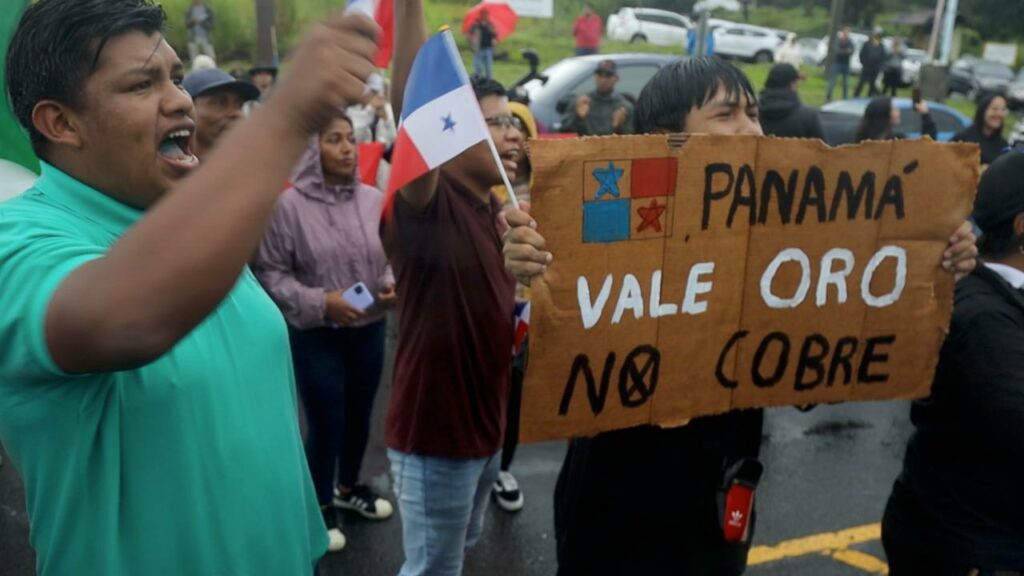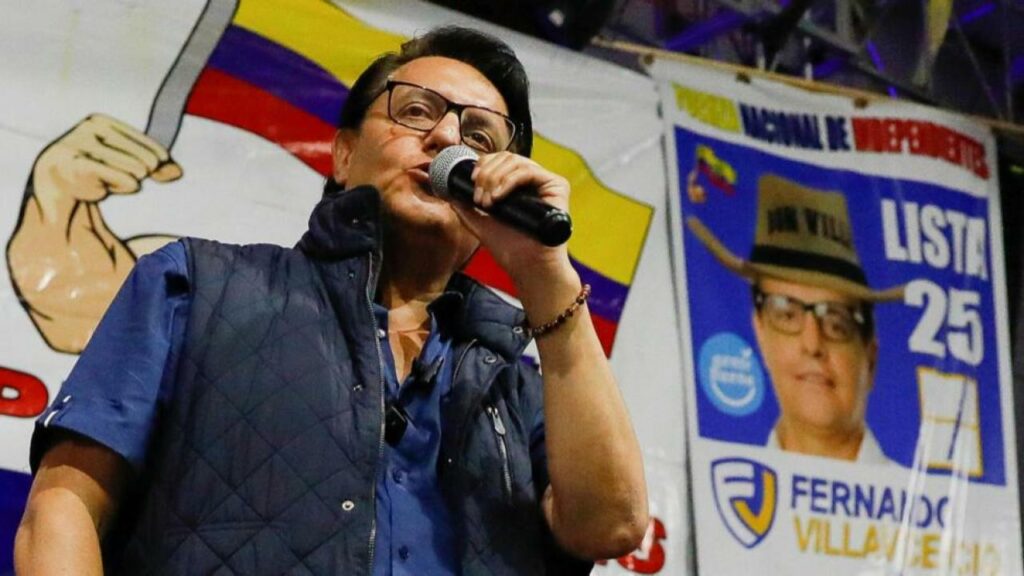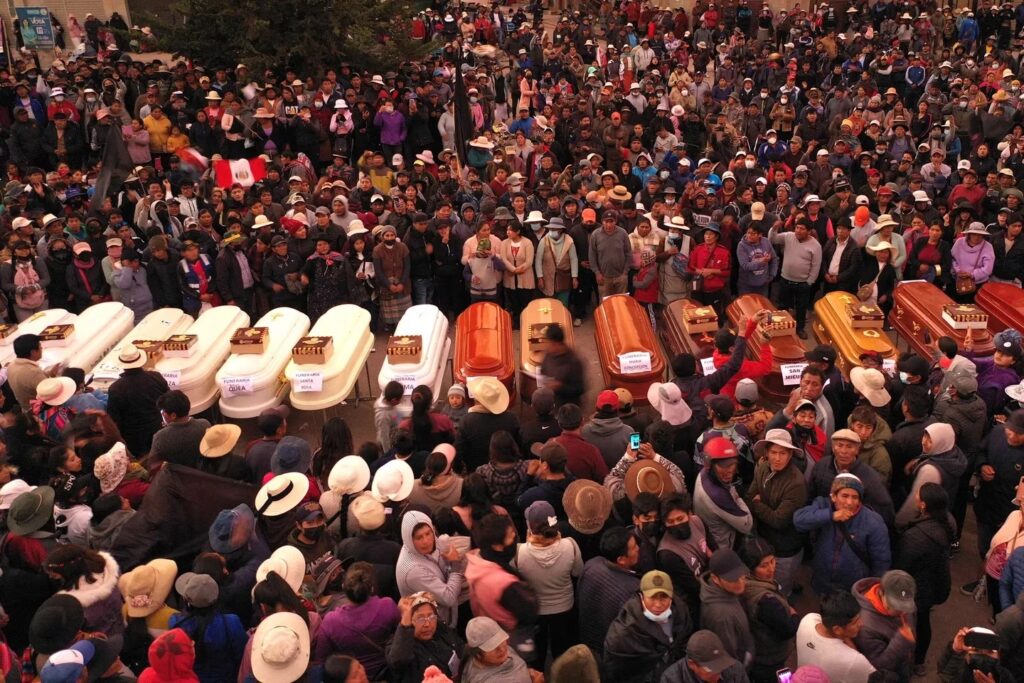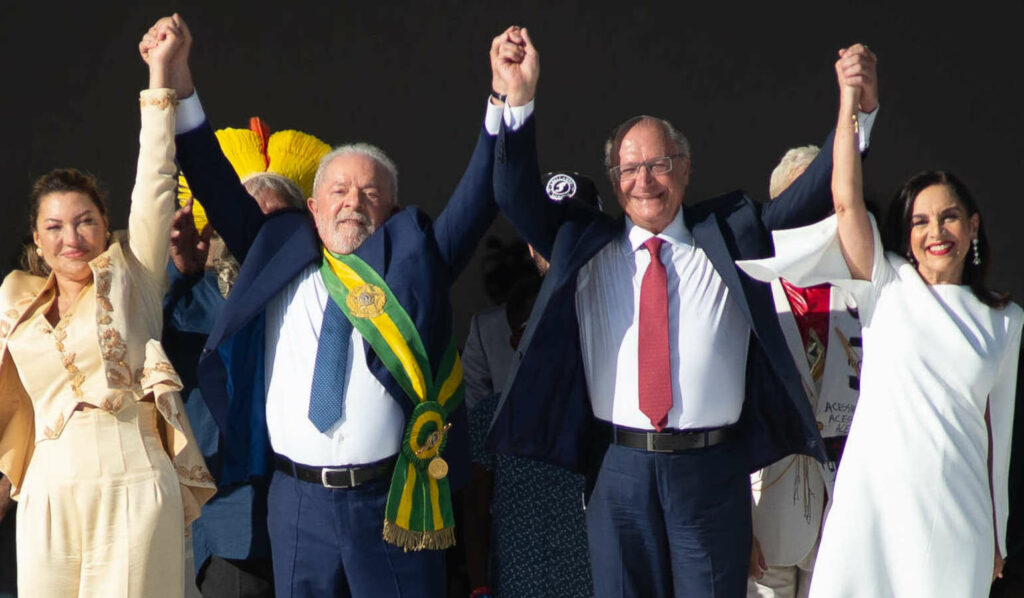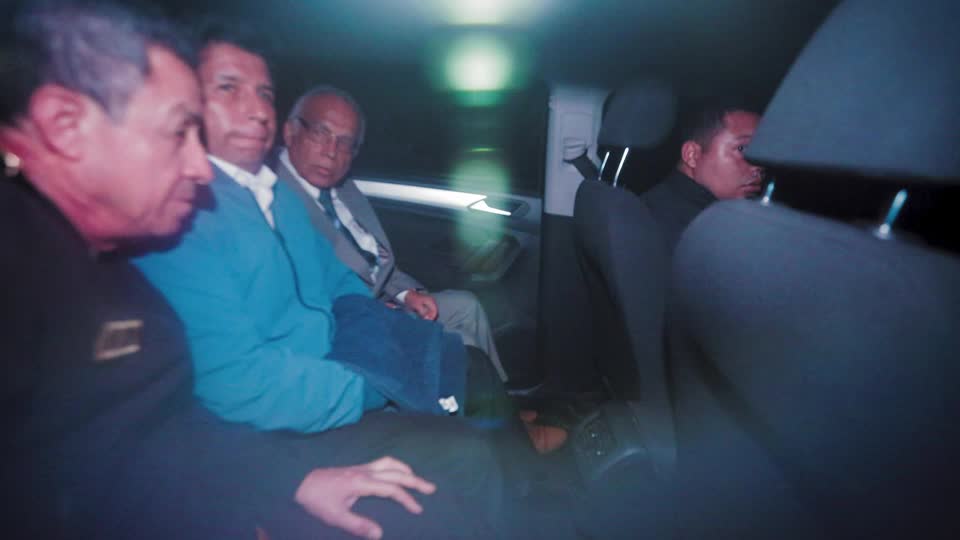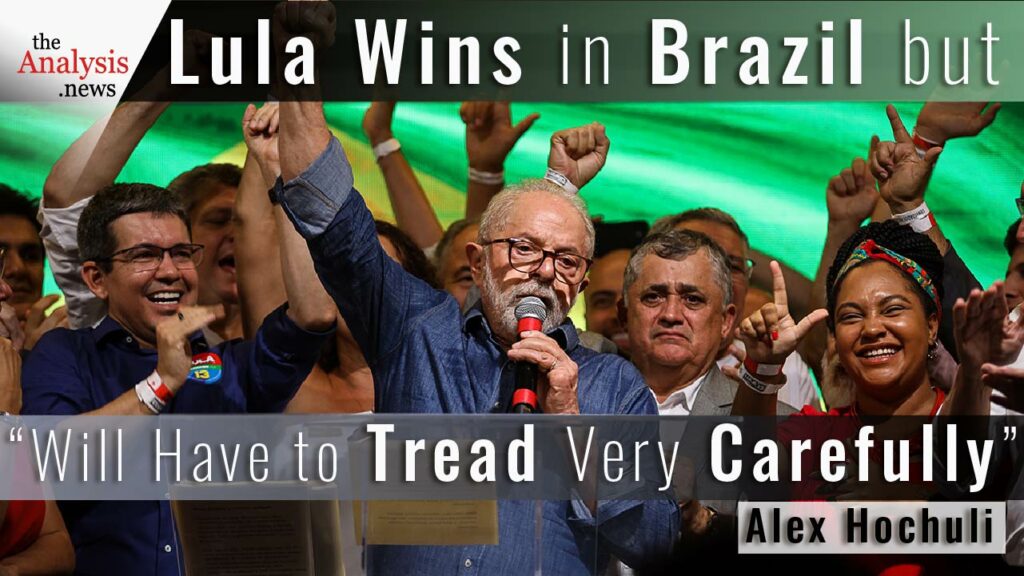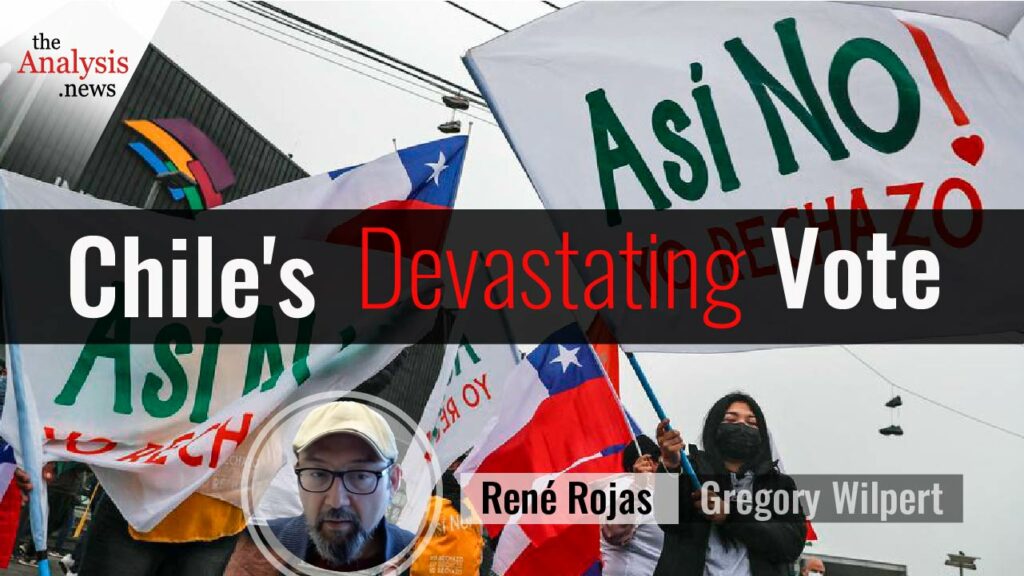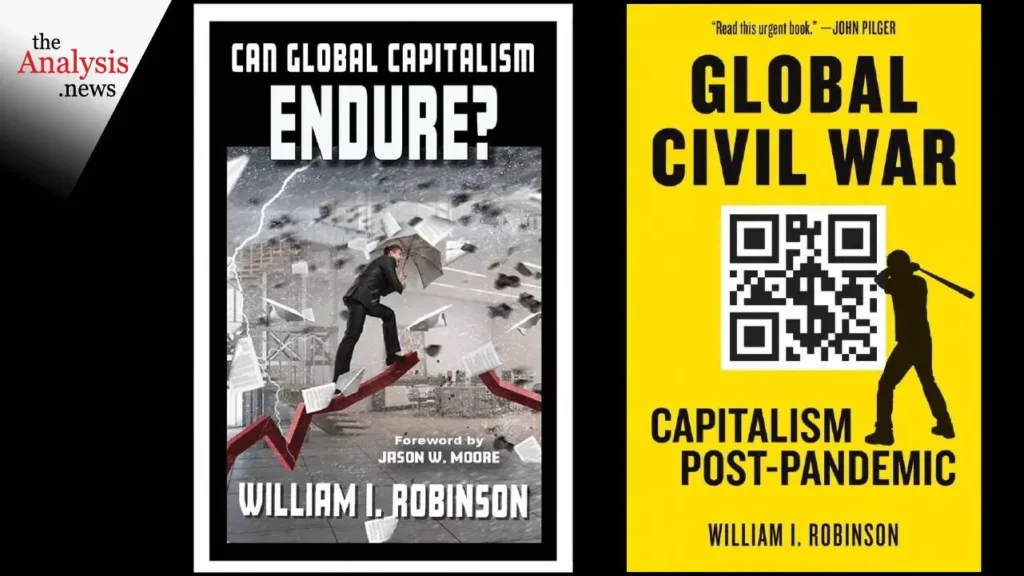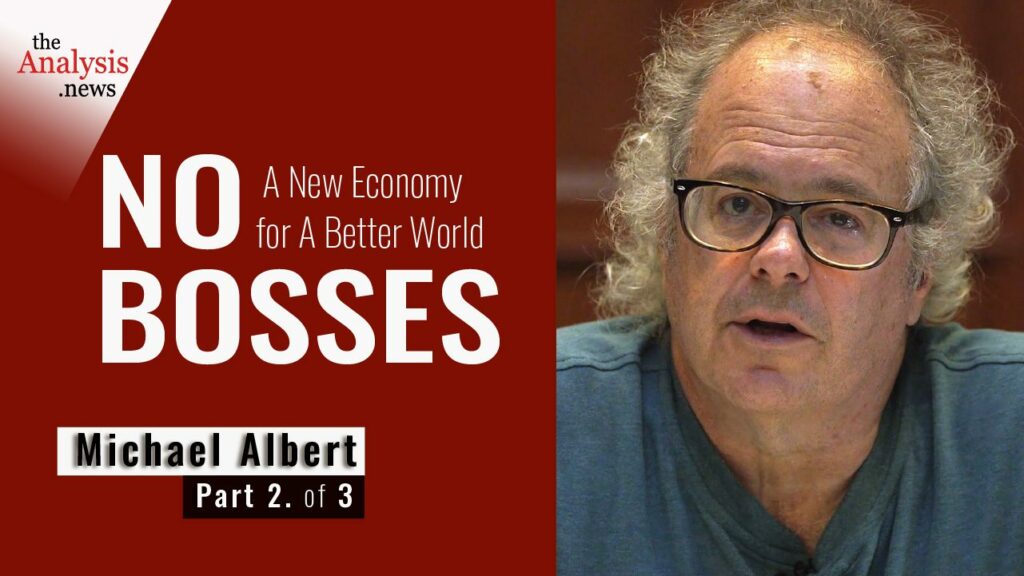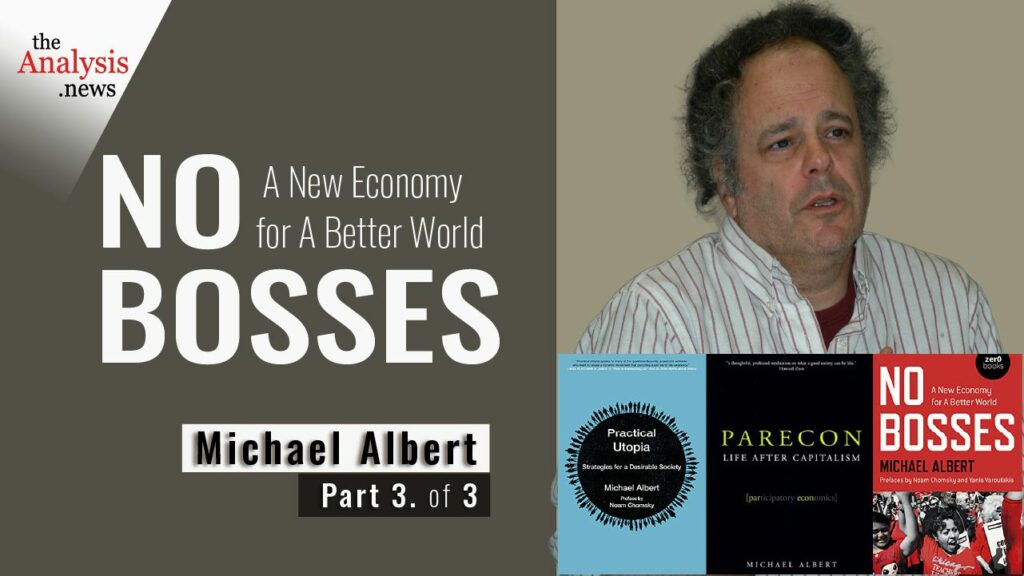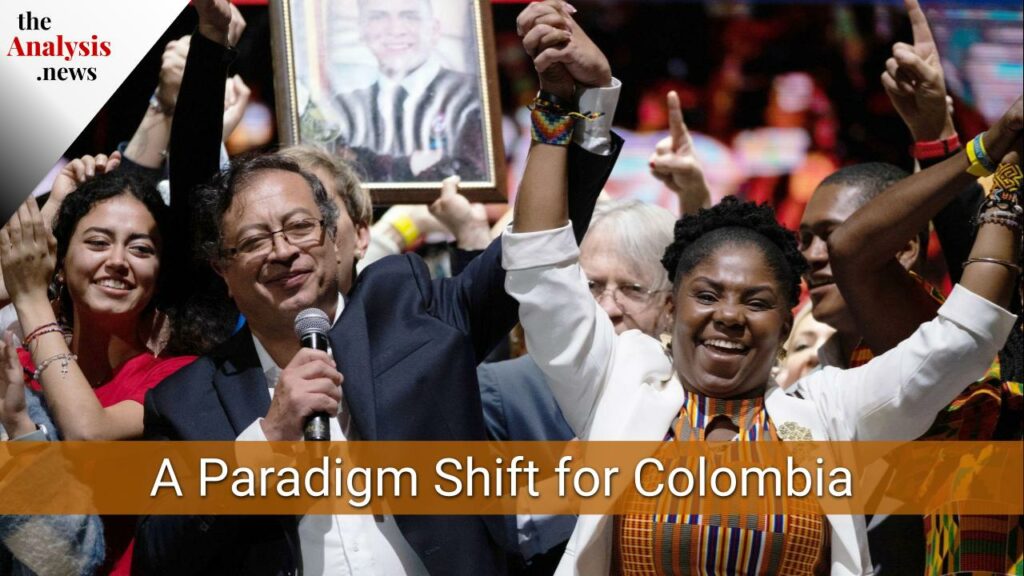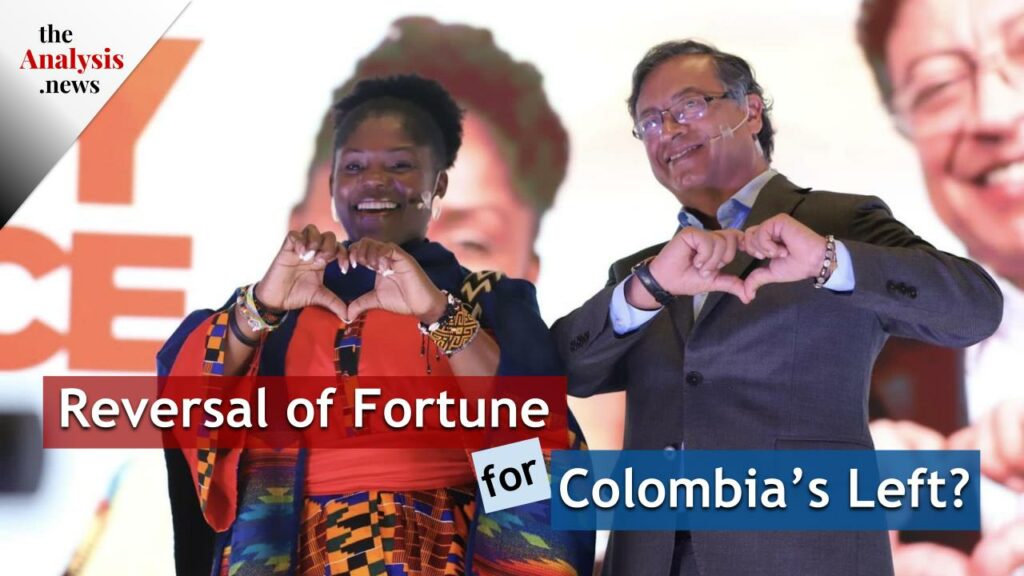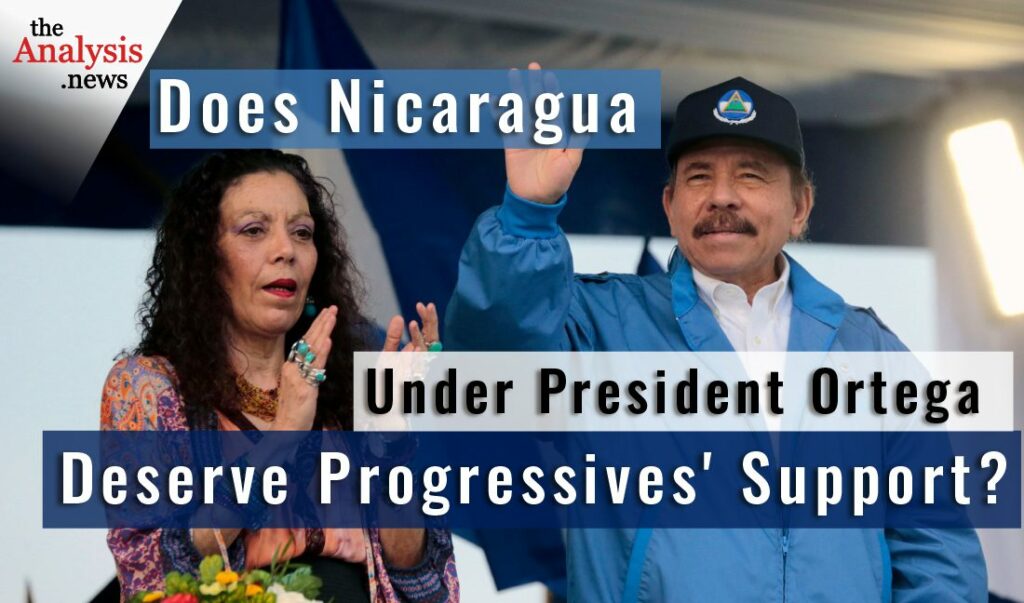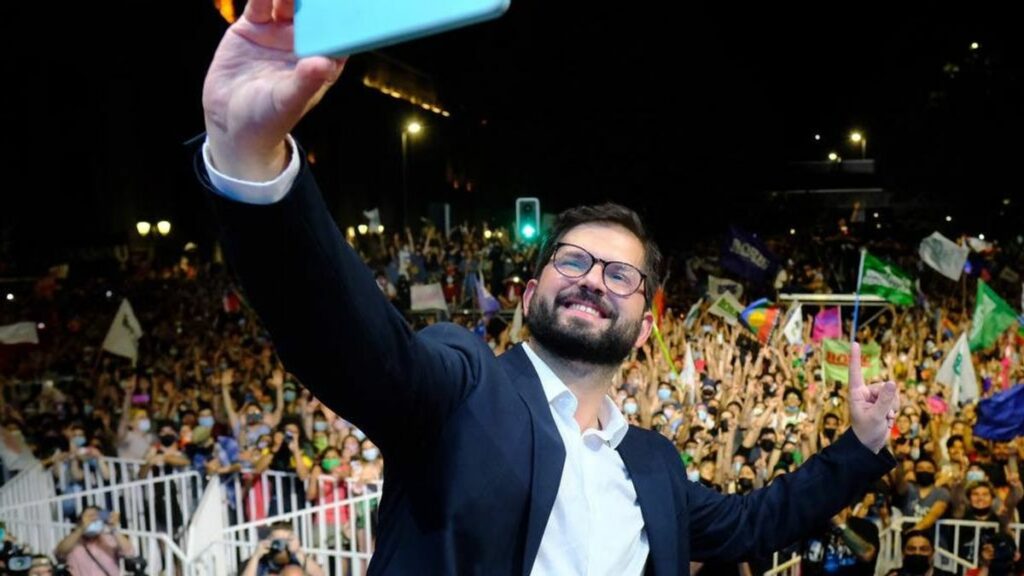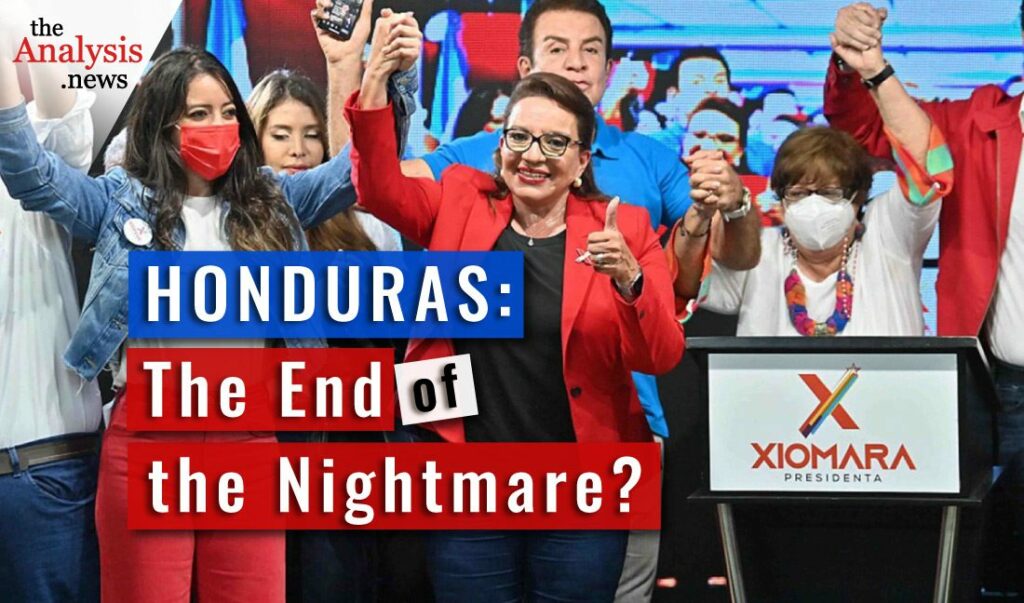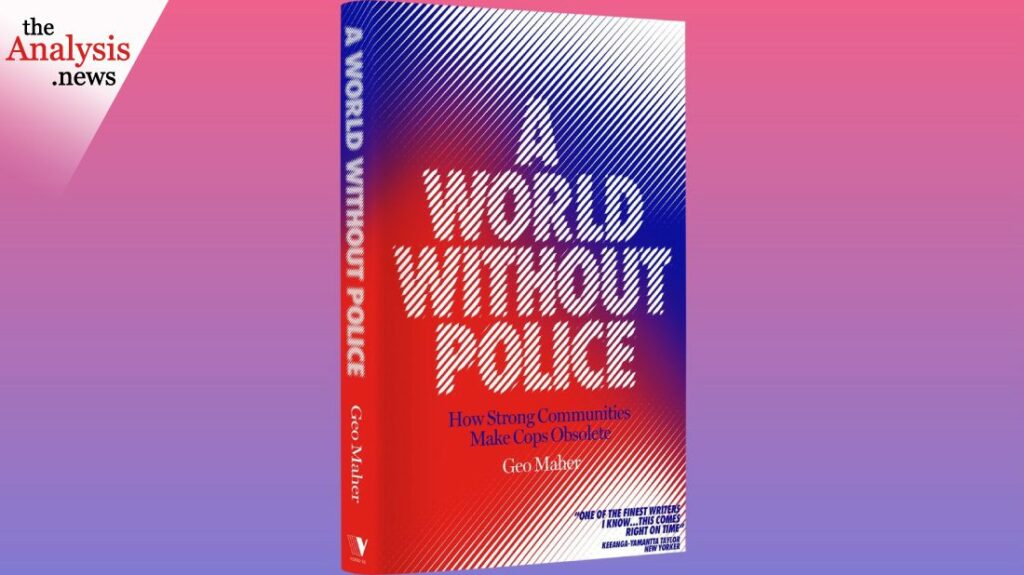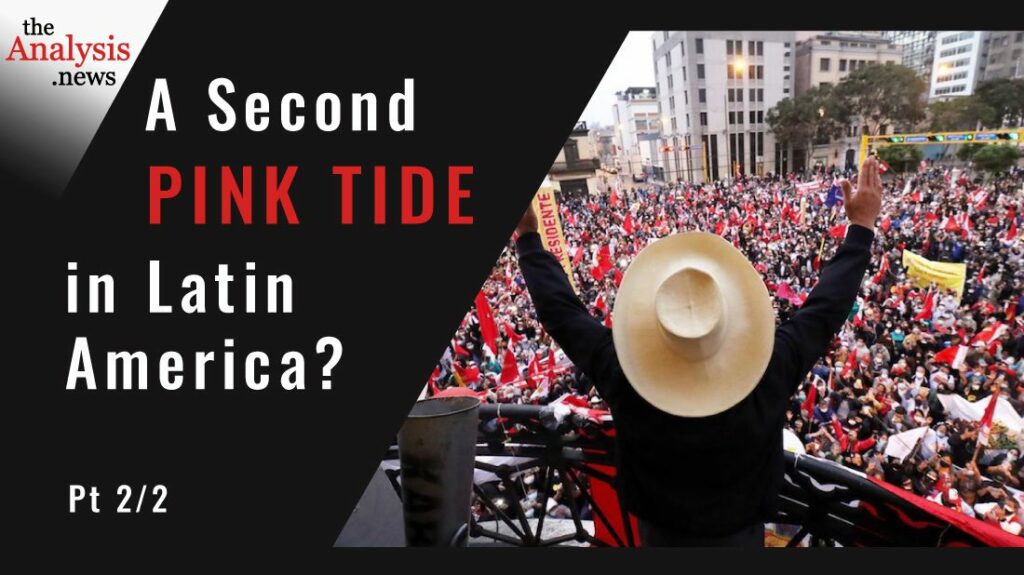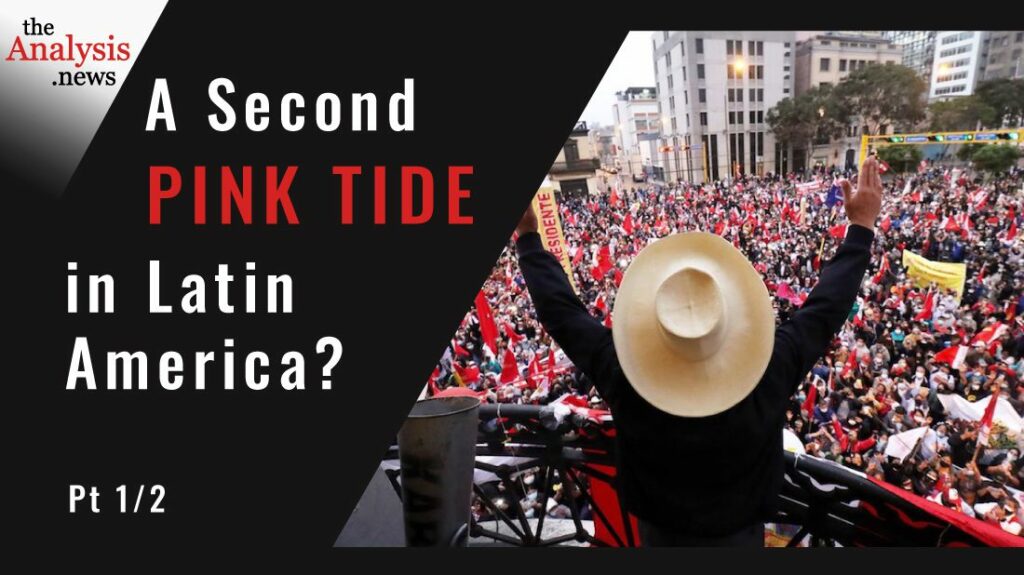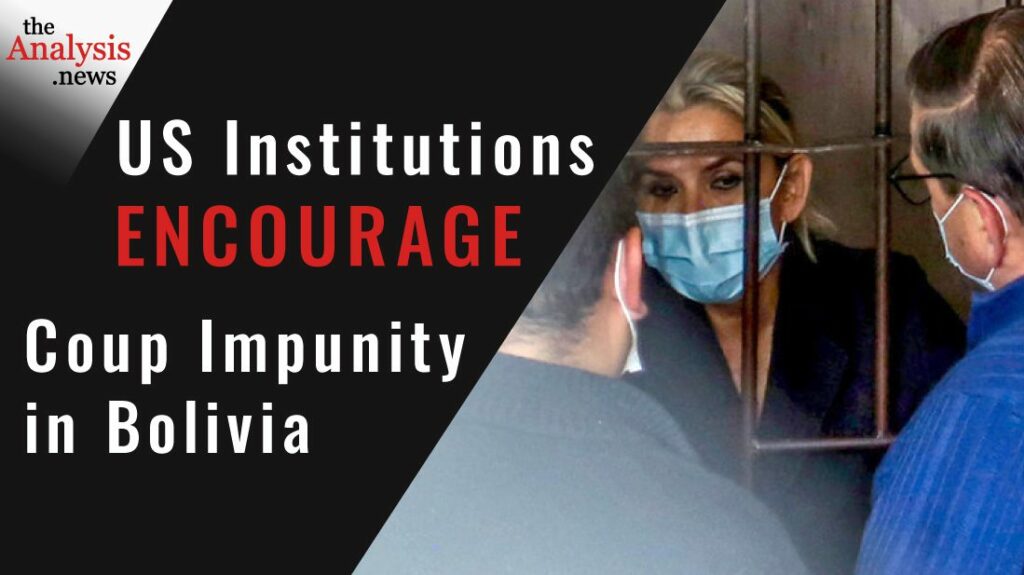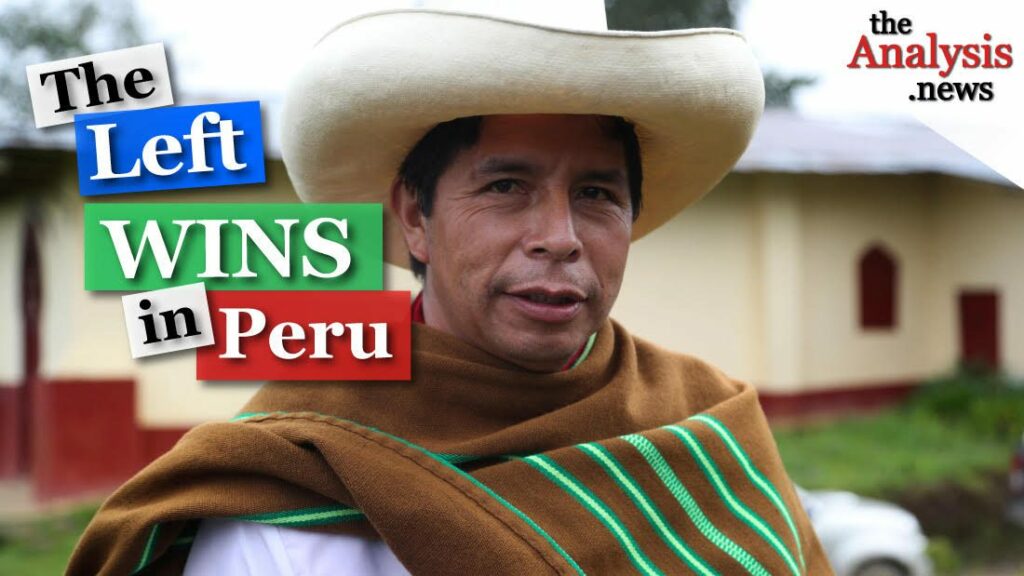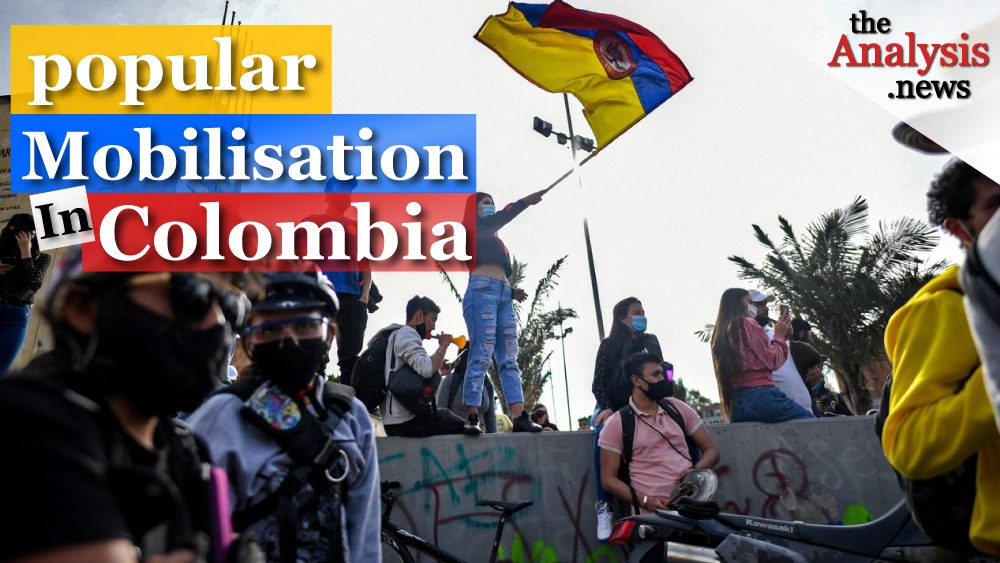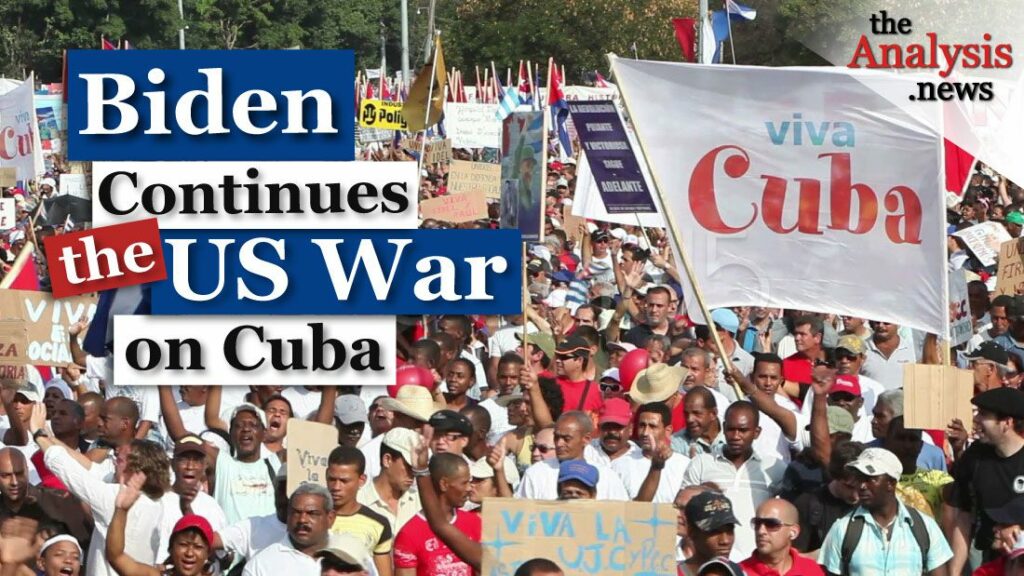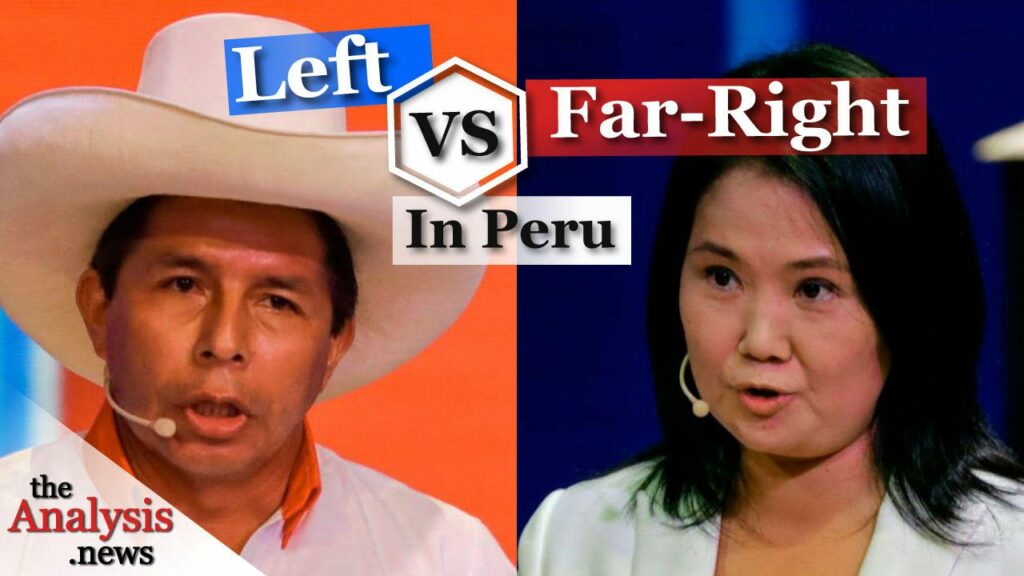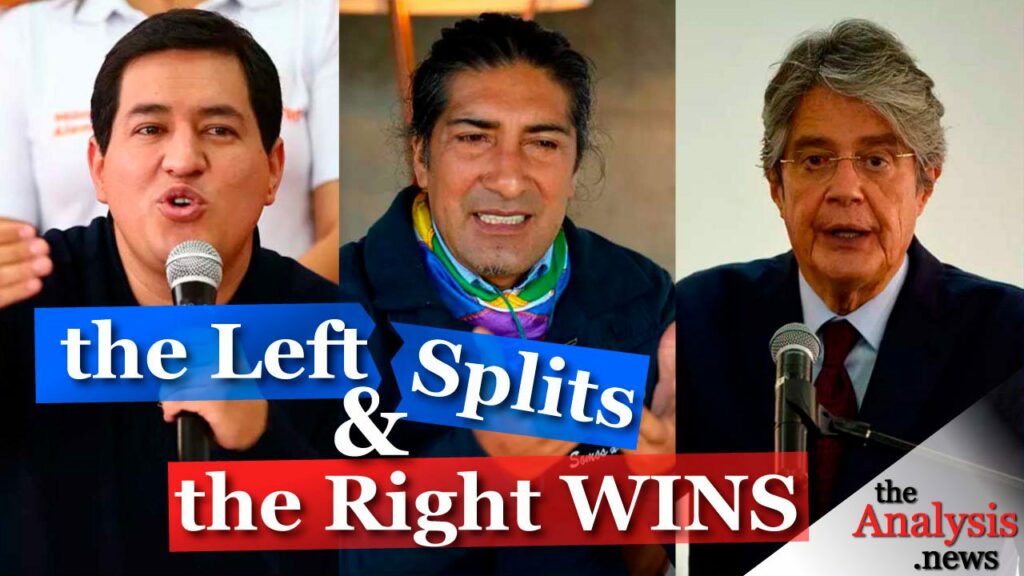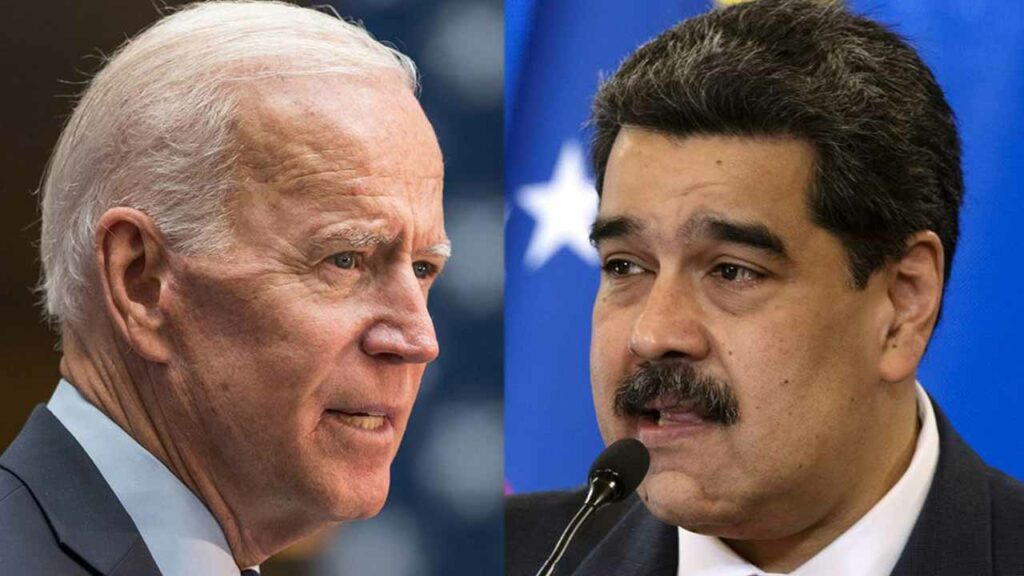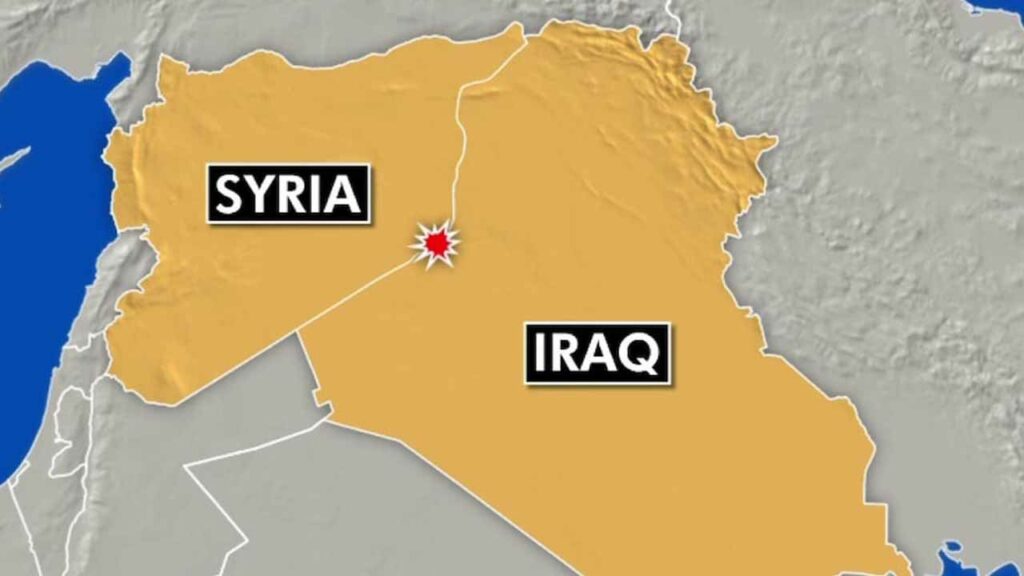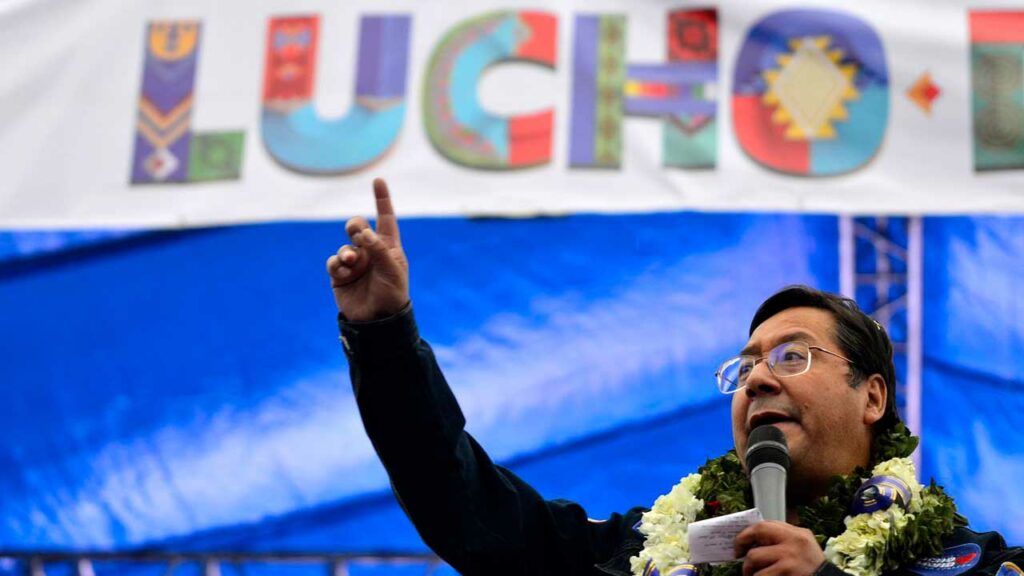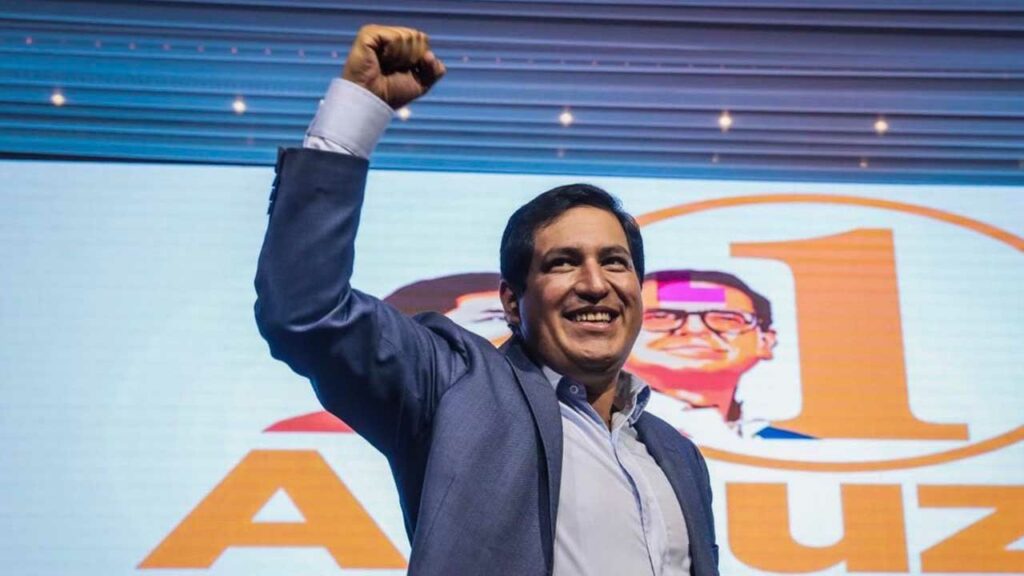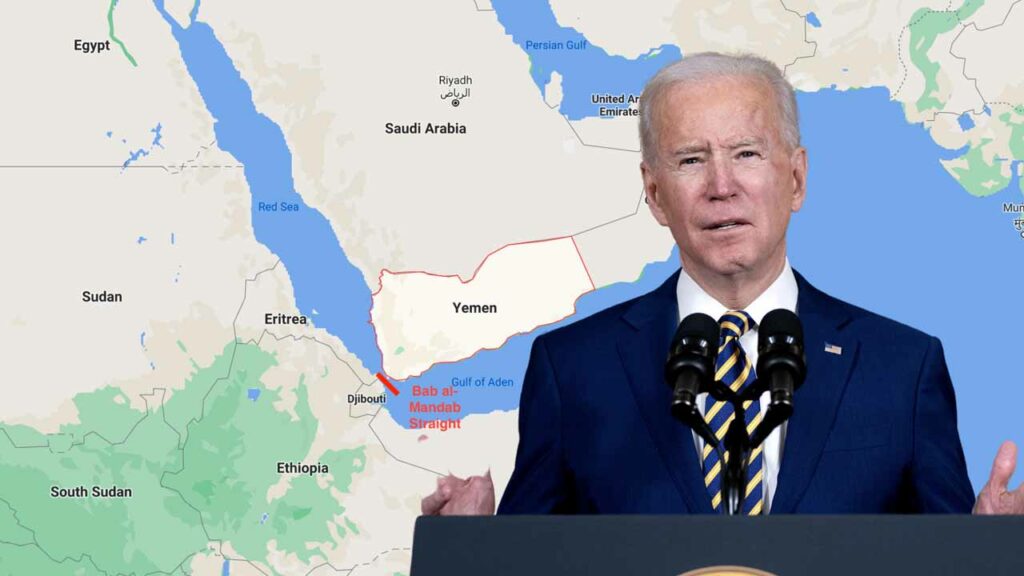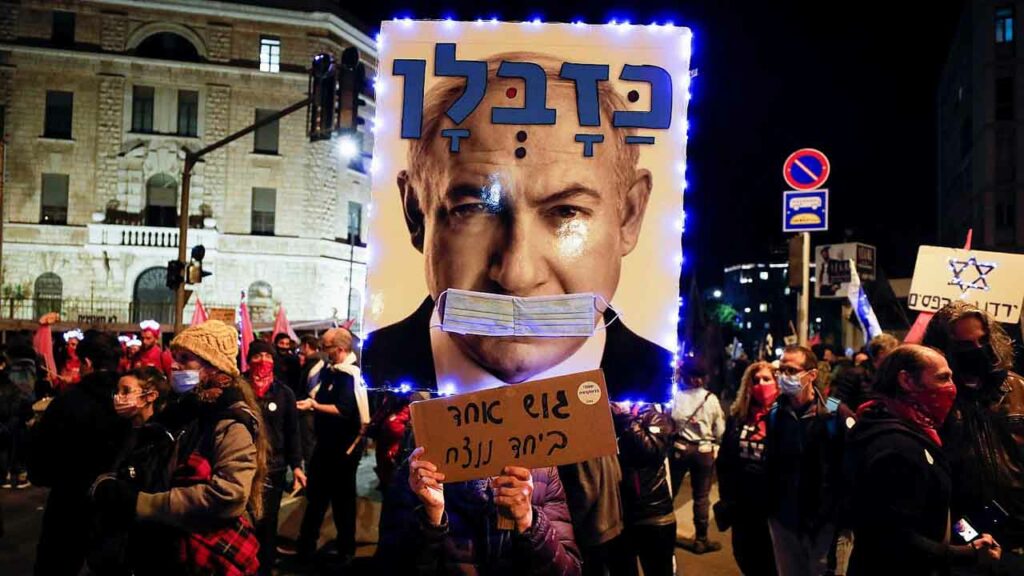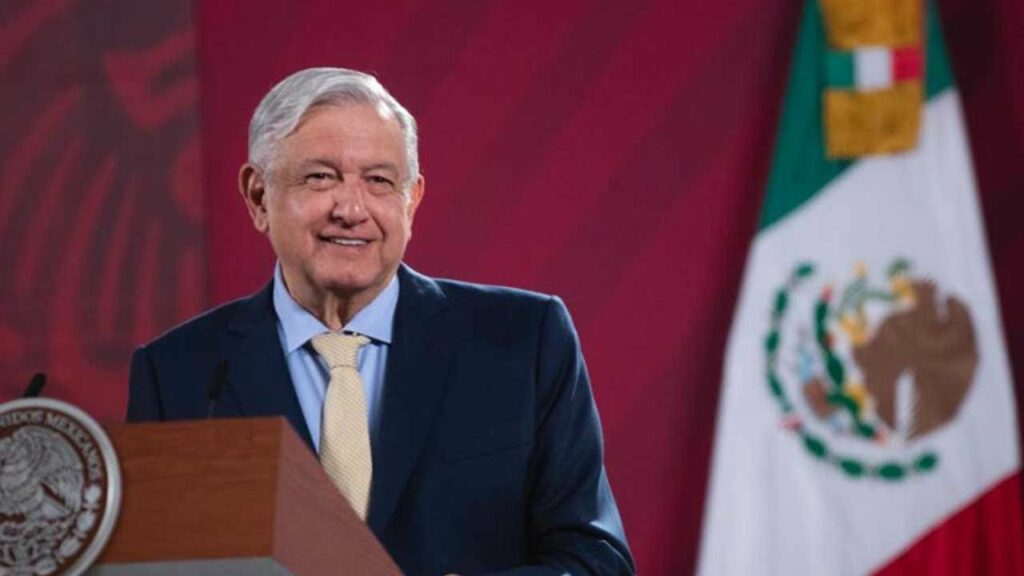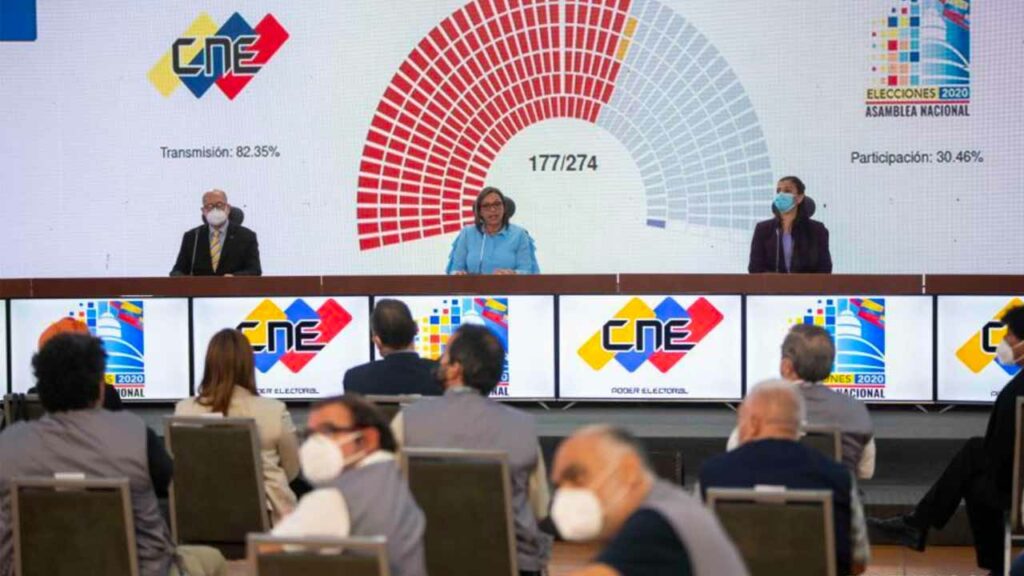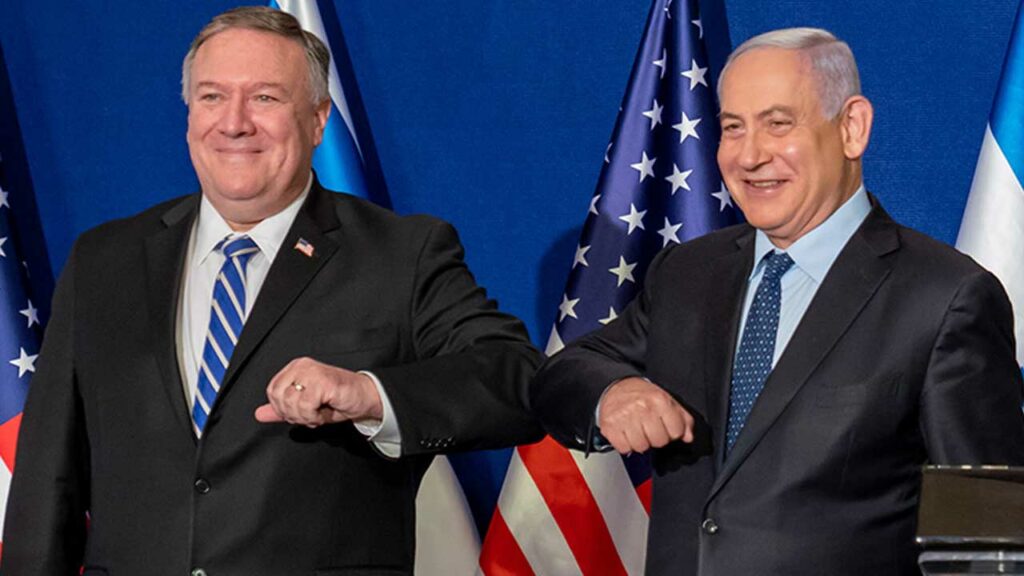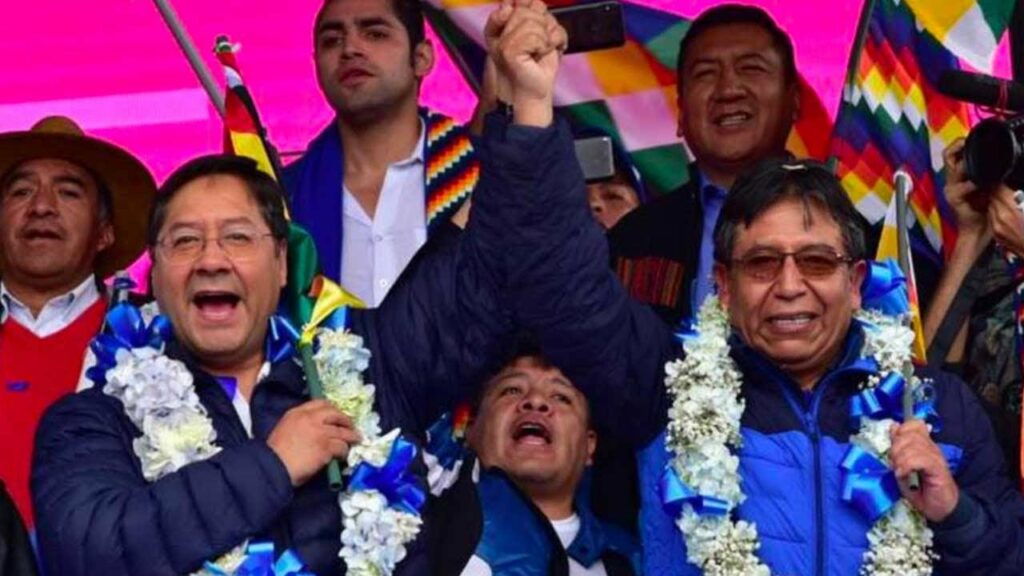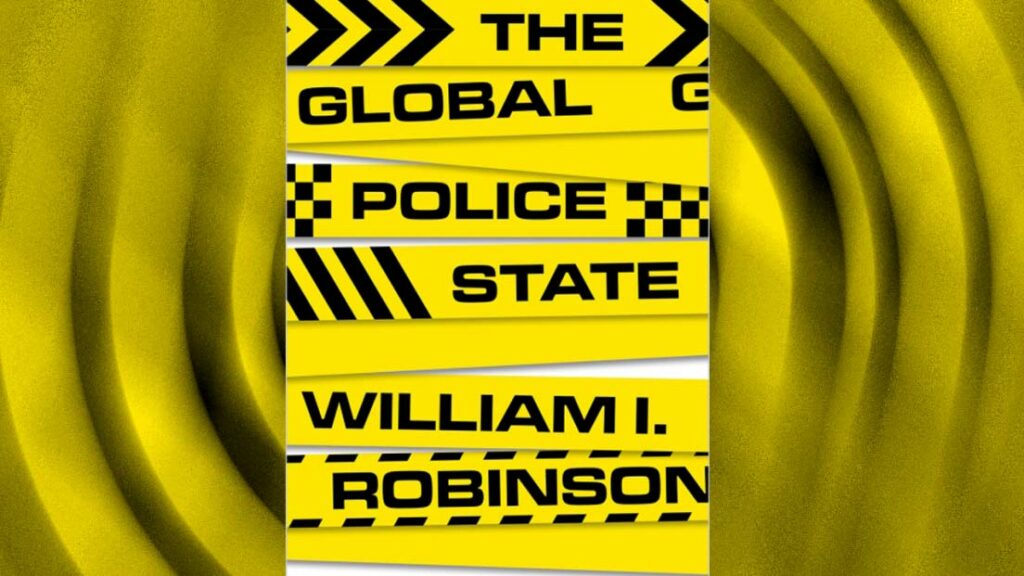Why Did Argentines Elect a Right-Wing Non-Establishment Extremist?
Argentina elected Javier Milei, a right-wing libertarian populist, as its president on November 19th. Milei won because he represented a clear alternative to Argentina's untenable economic crisis, says political scientist Atilio Borón. While he will no doubt inflict more pain on Argentina, his ability to privatize everything, though, is not assured because he lacks a majority in Argentina's legislature.
READ MOREClimate Change, South & Central America
Massive Protests in Panama Against Canadian Mining Company
Protesters have practically shut down Panama for over two weeks now in an effort to keep the Canadian mining company First Quantum Minerals from operating Central America's largest open-pit copper mine. Michael Fox tells the story and analyses its implications.
READ MOREEcuador: Presidential Candidate Assassinated
Fernando Villavicencio, who was running for president of Ecuador on an anti-corruption platform, was assassinated in broad daylight on August 9th. Who stands to benefit from the assassination, and what does this mean for the upcoming August 20th presidential election? Joe Emersberger, a long-time analyst of Ecuadoran politics, discusses the situation.
READ MOREApartheid Drives the Conflict in Peru
Nearly 50 protesters have been killed by police in Peru following the removal from office of President Pedro Castillo six weeks ago. Peru analyst Francesca Emanuele says that the conflict is symptomatic of Peru's systematic exclusion of the poor and indigenous population from its political system.
READ MOREBrazil: Hope for the First Time in a Very Long Time
Lula da Silva was inaugurated for a third non-consecutive term as president of Brazil, dramatically reversing the country's trajectory of the past eight years. In the first few days in office, Lula presented more progressive policy changes than many believed would be possible, says freelance journalist Michael Fox.
READ MOREPeru’s Systemic Political Crisis Deepens as President is Arrested
The arrest of Peru's leftist President Pedro Castillo represents the latest and most serious twist in the country's ongoing systemic political crisis, says Peruvian Ph.D. student and columnist Francesca Emanuele.
READ MOREBrazil, South & Central America
Lula Wins in Brazil but “Will Have to Tread Very Carefully”
A sector of Brazil's elites became so disenchanted with Bolsonaro they switched to supporting Lula. But now Lula cannot afford to pursue a more radical program, since those elites would oust him, just as they did with Dilma Rousseff in 2016, says São Paulo based writer Alex Hochuli. This interview was recorded before Jair Bolsonaro conceded.
READ MOREBig Tech, Finance, Workers & Unions
Capitalism’s Structural Crisis and the Global Revolt
According to William I. Robinson, the COVID pandemic has further intensified the structural crisis of global capitalism and has caused numerous uprisings and revolts around the world, which global elites are trying to suppress via militarization, police repression, and surveillance. Robinson joins Greg Wilpert on theAnalysis.news.
READ MOREColombia, South & Central America
A Paradigm Shift for Colombia
Gustavo Petro, the new leftist president of Colombia, plans to fully implement the 2016 peace accords that ended the decades-long civil war, to drastically reduce the country's 40% poverty rate, and introduce a new national healthcare system. Gimena Sanchez of the Washington Office on Latin America joins Greg Wilpert on theAnalysis.news
READ MOREColombia, South & Central America
Reversal of Fortune for Colombia’s Left?
Leftist presidential candidate Gustavo Petro and his running mate Francia Márquez were expected to make history on May 29th by becoming shoo-ins for the run-off election. However, despite the strong first-round showing they are now expected to lose the June 19th run-off against a populist right-wing candidate. What happened? Colombia expert Gimena Sánchez of the Washington Office on Latin America joins Greg Wilpert on theAnalysis.news
READ MOREDoes Nicaragua Under President Ortega Deserve Progressives’ Support?
UC Santa Barbara Sociology professor William I. Robinson and the Nicaragua-based writer John Perry debate whether Nicaragua under President Ortega con be considered a leftist government, whether US intervention is a factor in that country, and whether the recent presidential election was legitimate.
READ MOREChile, South & Central America
Burying Neoliberalism in Chile
Gabriel Boric was elected president of Chile on December 20th - probably the most leftist president Chile has elected since Salvador Allende in 1970. Boric promised that while Chile was neoliberalism's birthplace under Dictator Pinochet, it will now be neoliberalism's burial place as well. Patricio Zamorano, a Chilean political analyst and director of the Council on Hemispheric Affairs (COHA.org) talks about what we can expect from a Boric presidency.
READ MOREHonduras: The End of the Nightmare?
The election of the leftist Xiomara Castro as Honduras's first female president means a significant rupture with the country's recent right-wing - even fascist - past, says Center for the Americas director Laura Carlsen. However, whether Castro will be allowed to actually govern is another question, given that the state is deeply embedded in corruption and drug trafficking.
READ MORELaw & Justice, U.S. Politics, USA
A World Without Police
Geo Maher, the author of the just-released book, A World Without Police, talks about why the police are actually designed not to do what we think they are supposed to do, to "serve and protect" the general public, but actually serve and protect property owners and more generally those who benefit from racism and inequality. He goes on to outline what a world without police could look like.
READ MOREThe Left Wins Peru’s Presidential Election
For the first time in Peru's history has a leftist and working-class candidate won the presidency. While Pedro Castillo's election has generated big expectations, his ability to govern faces many challenges. Peruvian journalist and analyst Francesca Emanuele analyzes the election result.
READ MOREColombia, Geopolitics, South & Central America
Colombia Enters a New Phase of Popular Mobilization
Tensions in Colombia have reached a boiling point, partly due to the pandemic crisis, but mostly because of the extreme neoliberal policies of the country's right-wing government, says Colombia expert and political science professor Forrest Hylton.
READ MOREBiden Continues the US War on Cuba
Biden backtracked on his campaign promise to reverse Trump's draconian sanctions on Cuba and is maintaining them, despite the pandemic and Raul Castro's departure from the country's leadership. Documentary filmmaker Reed Lindsay joins host Greg Wilpert to talk about what this has meant for Cuba.
READ MOREPeru: Left vs. Far-Right – Dramatic Choice in Presidential Election
Pedro Castillo, a leftist, unexpectedly won first place in Peru's first-round presidential election last Sunday. However, he now faces far-right second-place finisher, Keiko Fujimori. The outcome was largely due to a completely delegitimized political class in Peru, says Peru analyst Francesca Emanuele.
READ MOREEcuador, South & Central America
Ecuador’s Socialist Loses as Left Splits
Ecuador's progressive presidential candidate Andrés Arauz narrowly lost the election last Sunday. But the left's internal divisions were not the only problem, explains CodePink's Leonardo Flores.
READ MORESouth & Central America, Venezuela
Biden’s Venezuela Policy: Continuity with Trump
In Venezuela, brutal sanctions and the recognition of a phony president continue to wreak havoc. Biden has not implemented any real change to US policy towards the country. Historians Steve Ellner and Greg Wilpert discuss the reasons why.
READ MOREBiden’s Syria Deception: The Norwegian Connection
Contrary to the Biden administration's claim, it seems that the recent missile strike in Syria was not carried out in consultation with at least one of the US's main allies in the region: Norway. But why is Norway involved in the Middle East anyway? Greg Wilpert talks about the issue with Eirik Vold, a parliamentary advisor to Norway's Red Party.
READ MOREBolivia, Geopolitics, South & Central America
A New Beginning for Bolivia
Nicole Fabricant says Bolivia's new president Luis Arce faces a neo-fascistic right, while negotiating a new relationship with the country's social movements that fragmented under his mentor, Evo Morales. Fabricant is Bolivia researcher and associate professor of anthropology at the University of Maryland Towson.
READ MOREEcuador, South & Central America
US Media’s Sins of Omission in Ecuadorian Election Coverage
By omitting crucial information about the recent presidential election in Ecuador, such as how the leftist front-runner Andrés Arauz has had to overcome countless obstacles in order to participate, the US media once again contribute to the effort to undermine a free and fair election, says media analyst and Ecuador specialist Joe Emersberger.
READ MOREThe Oil Interests Behind the War in Yemen
Shireen Al-Adeimi, Yemen anti-war activist and professor at Michigan State University, discusses the many interests behind the war on Yemen, which have the potential of derailing Biden's announced ending of US support for the Saudi-led coalition in this war that has devastated one of the Middle East's poorest countries.
READ MOREThe Disintegration of Israeli Politics
As Israel gears up for its fourth general election in two years, it has become increasingly clear that Israeli politics is in the process of disintegration. It's largely due to an ever more fragmented party system based on identity politics, says Shir Hever, author of the book, The Privatization of Israeli Security.
READ MOREEnding the War on Yemen?
The Biden administration announced an end to US support for Saudi Arabia's war in Yemen. This is in larger part thanks to the constant activism and mobilization of peace groups around the US. Guest host Greg Wilpert talked to Hassan el Tayyab, the Legislative Manager for Middle East Policy of the Friends Committee on National Legislation, shortly before the announcement was made. He outlines the background of the war, the history of US support, what an end to US support would mean, and what further steps need to be taken to put an end to the devastation in Yemen.
READ MOREGeopolitics, South & Central America
The Mixed Record of Mexico’s AMLO, Two Years In
Laura Carlsen talks to guest host Greg Wilpert about Andrés Manuel Lopez Obrador's first two years in office, including his mixed record on the pandemic, corruption, social justice, and immigration.
READ MORESouth & Central America, Venezuela
Venezuela’s Socialists Win Election Despite Declining Support
While there is no evidence of fraud, an opposition boycott and declining government support drove abstention in Venezuela's legislative elections to record levels, says Ricardo Vaz of Venezuelanalysis.com
READ MOREHow Trump and Pompeo’s Efforts to Equate BDS with Anti-Semitism Backfires
Israel analyst Shir Hever speaks to guest host Greg Wilpert about the different ways in which US Secretary of State Pompeo's latest effort to demonize the Boycott, Divestment, and Sanctions (BDS) movement against Israel actually exposes the far right's internal contradictions and could help BDS in the long run.
READ MORELeft Wins Bolivian Presidential Election, Despite Coup and Repression
Kathryn Ledebur, of the Andean Information Network in Cochabamba, talks about what the election result means for Bolivia and how it has dealt a serious blow to the country's fascistic far-right.
READ MOREThe Global Police State
Greg Wilpert talks to sociology Professor William I. Robinson about his just-released book, The Global Police State, in which he outlines the confluence of interests between transnational capital, 21st-century fascism, and the general policing of society.
READ MORE